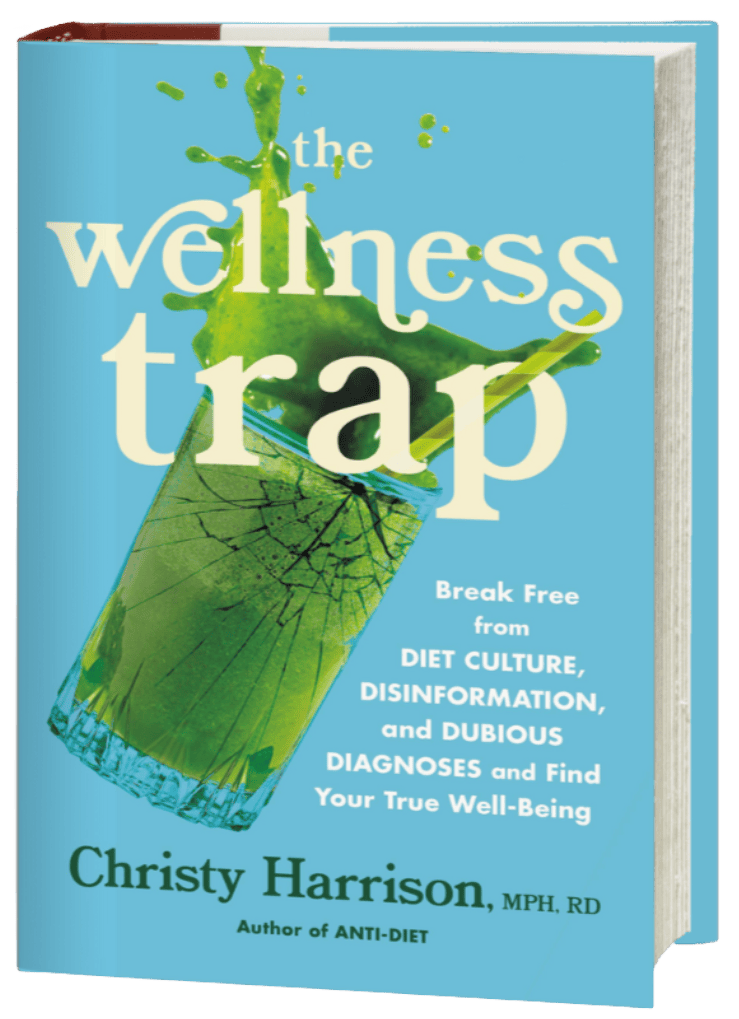The Public Health Nutrition Book Club launched in the fall of 2024. The book club is an opportunity to discuss complex public health nutrition concepts outside of the classroom in an informal setting.
Who: Open to undergraduate and graduate students!
Where: Meetings will be offered in-person and online. In-person sessions will meet in Caroline Richardson in the Undergraduate Public Health Studies office. Online sessions will meet on Zoom.
When: Book club discussion dates and times will be determined by participant poll.
How: Students who would like to participate should email bsphnutrition@tulane.edu with the subject “Book Club Sign Up”. The first ten undergraduates to email will get a free copy of the book. Students who receive a free copy of the book are committing to attending at least one book club meeting (either in-person or online) or submitting a short written reflection on the book.
After that as many people who want to are welcome to read and join the discussion, however, you will be responsible for acquiring your own copy. We recommend purchasing from bookshop.org or checking the local library!
Fall 2025 Book Selection
 Join the book club as they read Christy Harrison’s The Wellness Trap: Break Free from Diet Culture, Disinformation, and Dubious Diagnoses and Find Your True Well-Being.
Join the book club as they read Christy Harrison’s The Wellness Trap: Break Free from Diet Culture, Disinformation, and Dubious Diagnoses and Find Your True Well-Being.
The Wellness Trap delves into the persistent, systemic problems with the wellness industry, offering insight into its troubling pattern of cultural appropriation and its destructive views on mental health, and shedding light on how a growing distrust of conventional medicine has led ordinary people to turn their backs on science.
Previous Books:
Fall 2024: Live Nourished: Make Peace with Food, Banish Body Shame, and Reclaim Joy by Shana Minei Spence, MS, RDN, CDN. Shana, known online as @thenutritiontea, does an excellent job of capturing the nuance of nutrition topics like diet culture, intuitive eating, and health at any size within a public health framework. In her book she tackles tough topics like capitalism and racism as they relate to nutrition and food systems.
